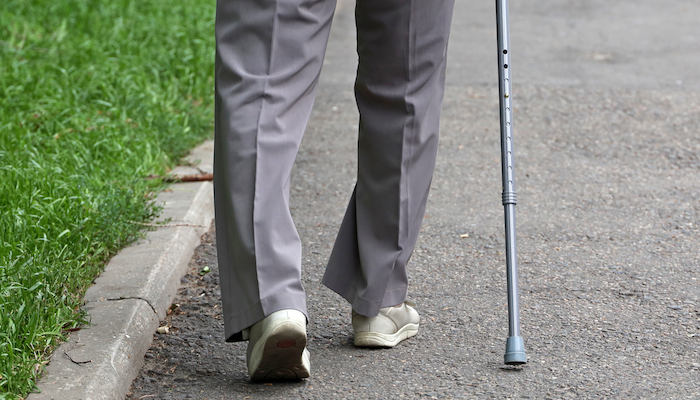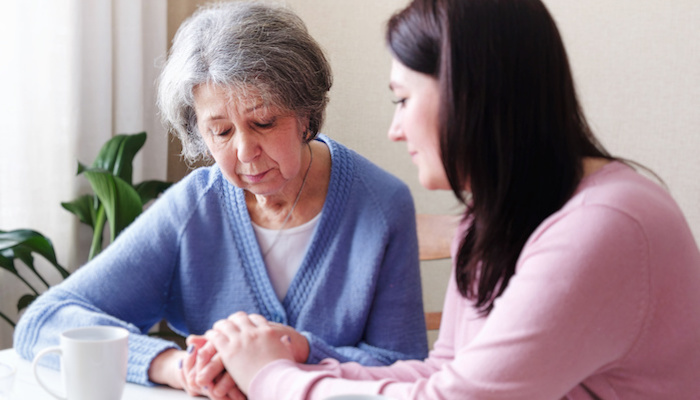In some families, money equals love. In others, it’s a measure of success. It’s often a sensitive subject, yet it should be discussed. Part of supporting your aging loved one involves understanding their thinking about money. After all, something could happen where you suddenly need to step in and manage the finances. You want to know as much as you can while they are still able to discuss their wishes.
Conversation starters. Ease into the topic rather than ask right away about account numbers and passwords. Here are a few ideas of how:
- Seek their wisdom. Showing respect for their experience may ease your relative into talking about money generally. For example: “You’ve been around the block. I’m wondering if you might share any financial lessons you’ve learned. What worked? What didn’t?”
- Open with a story. “Mom, my friend’s mother had a stroke and he’s had a heck of a time trying to figure out her finances. Things happen. You never know. It occurred to me it might be wise to . . .”
- Check out benefits together. The National Council on Aging has a free BenefitsCheckup.org website where you can find information on services for older adults. Try something like: “Dad, I thought we might go through this together. You may be eligible for help with medications, utilities, or healthcare.” Working together to save money is a great way to begin a money talk.
- “What if’s.” “Mom, we might end up in a situation where I would need to pay the bills, say, if you were in the hospital. I want to be sure to do things the way you’d want them to be done. How would you want me to handle . . . ?”
- Share stories from the news. Perhaps there’s a new law that might be useful for your relative to know about.
- Talk about your own plans. “I was just preparing my living trust and power of attorney documents. I realized that I don’t know where your documents are.”
In the case of dementia. The sooner you have a money talk, the better. Your loved one needs to be lucid enough to express their desires and to sign legal paperwork.
Do you need help talking about finances with an older adult?
As the San Francisco experts in family caregiving, we at Compassionate Community Care know the subject of money can feel awkward or even taboo to discuss. Yet it is also important to be on the same page as your aging loved one. We can help facilitate these sorts of conversations and share insight based on our deep experience. Give us a call at (415) 921-5038 to learn more.










